
There’s a scene in Stan and Ollie, the film about Laurel and Hardy when towards the end of the film, Hardy says to Laurel: “I’ll miss this when we’re gone”. He speaks the words, indicating his eagerness to finish the show with the dance routine that, due to his heart disease, he knows, from a solely medical point of view, he is unwise to perform.
Oliver Hardy knows it’s not just his career with Stan Laurel that is drawing to a close – it’s also his life. What he chooses to do though is not simply based upon the notion that one should live only for the moment. Mindful of the future, the sadness he will feel, and recalling the past, the joy he has known, he makes a decision in the present. Hoping not to be left with the sadness of regret – he dances.
It’s a bittersweet moment. The sadness is extenuated by the joy, the joy extenuated by the sadness. It made me smile – as I cried.
It reminded me of four things:
1. Good advice is sometimes best ignored
There are some things more important than one’s health – the value of a life is not measured by its length. In our efforts to extend life we must not deprive our patients the opportunity to live. Sometimes we need to say to our patients that they’d be well advised to pay no heed to what we doctors tell them. And we sometimes have to be wise enough to ignore conventional medical wisdom and deliberately fail to pass it on.
2. The main thing is to keep the main thing the main thing.
Following guidelines may make us all feel safer, they risk leaving us trapped in a very small corner of the here and now.
3. Contradictory emotions can be experienced simultaneously
We can not deny the existence of sadness – on the contrary its inevitability is universal. Furthermore, we cannot know what happiness really is without knowing the pain of sorrow – and sorrow requires the memory of the temporary nature of happiness. If, then, we are to be happy, it must be alongside our sadness. We dare not wait for the absence of sorrow before allowing ourselves to be happy. It is not that we can not be happy because we know sadness, nor that we can not be sad because there are things to be happy about. Paradoxically, we can be happy and sad at the same time. Life isn’t merely about being happy. We can smile – even as we cry.
Similarly we can have a healthy appreciation of life despite serious ill health. We can live well, maybe even dance, despite our approaching death. Life is not black or white, it’s a kaleidoscope of grey. We would do well to see the light in the darkness.
4. We need hope.
Medicine must stop trying to be the solution to the problems for which it is not the answer.
Rather than offering answers that won’t work, and adding to the futility that all too many experience, medicine must stop trying to be the solution to the problems for which it is not the answer. Being encouraged to constantly look inward at ourselves is the opposite to what is needed if we are to enjoy the fulfilled lives we hope we’ll live. More than a fourth antihypertensive or a third line statin, to be happy we need to be valued as members of local communities, undertake worthwhile work and enjoy meaningful connections with others. We need to know what it is to love and be loved. That is all of society’s responsibility, and though that too may be a vain hope, I for sure need one that’s even better still, it is at least preferable than hoping solely in ourselves.
At work, to keeps us going in hard times, we need also the hope that our practices will continue to be communities which provide such opportunities. They need to remain small enough to allow relationships between both staff and patients to develop over time in ways that just aren’t possible in large anonymous organisations. Staying reasonably small enables us to notice and appreciate others even as we are noticed and appreciated ourselves. Lose this and we will find we have gotten ourselves into another nice mess. And so, for as long as I am privileged to be able to continue to practice in the way I do now, in a supportive partnership looking after personal lists, I’m not looking to leave or reduce my commitments any time soon.
Because, I guess, ‘I’ll miss this when we’re gone’
Now if only I could dance.

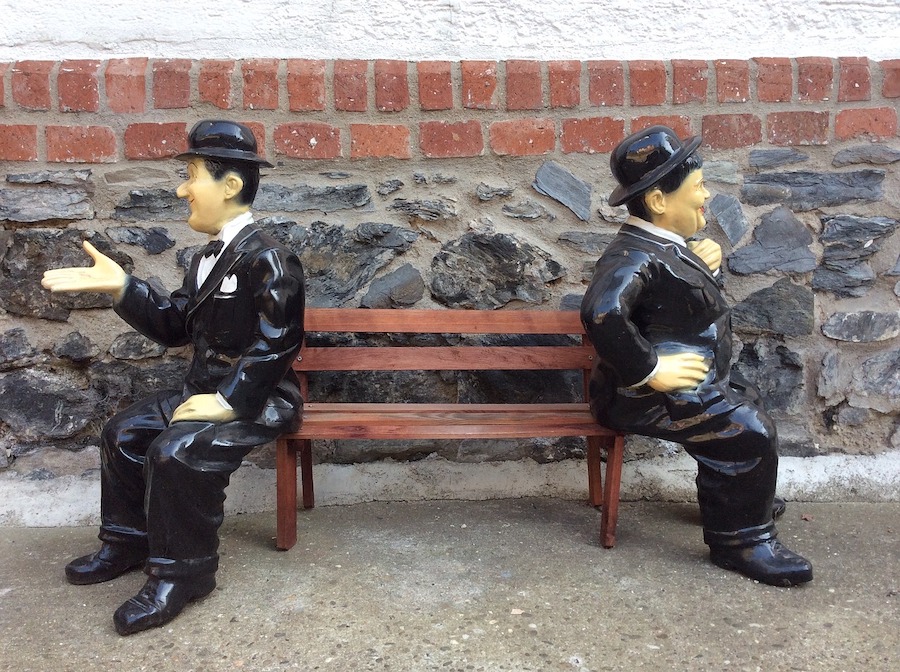
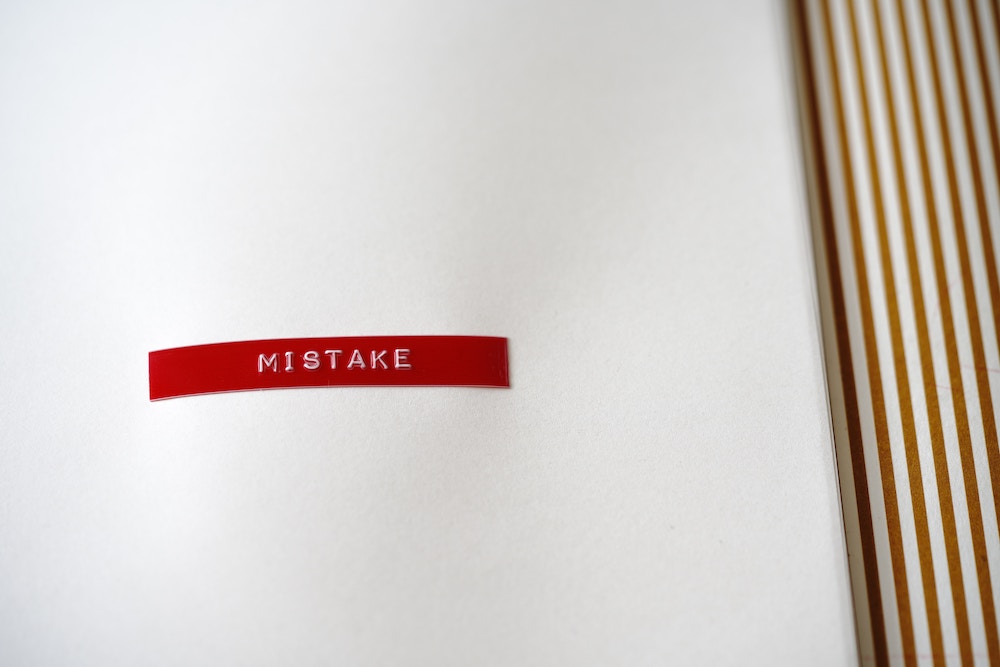

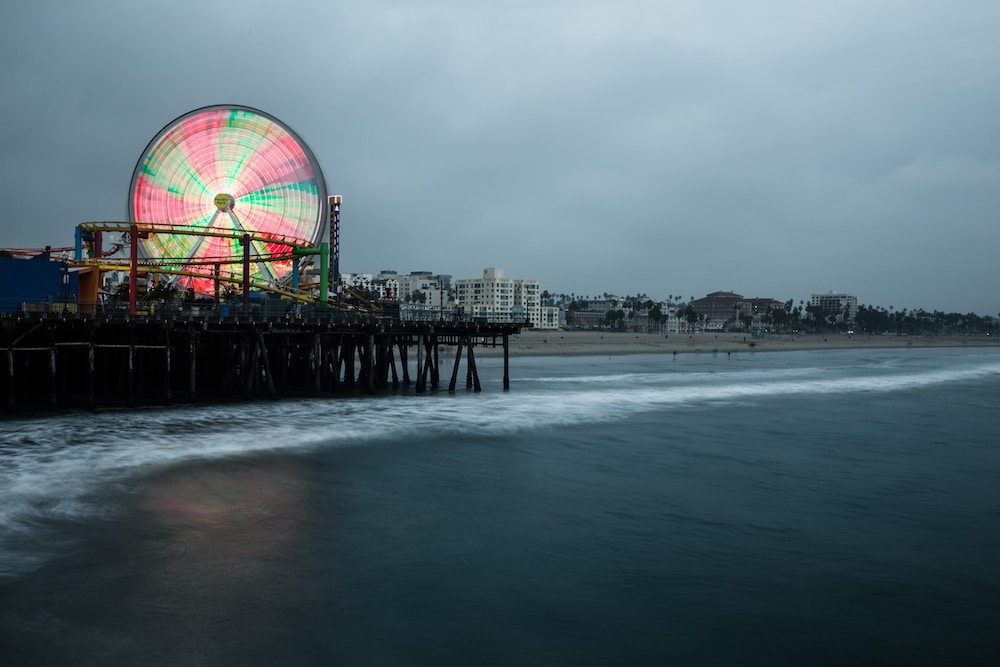
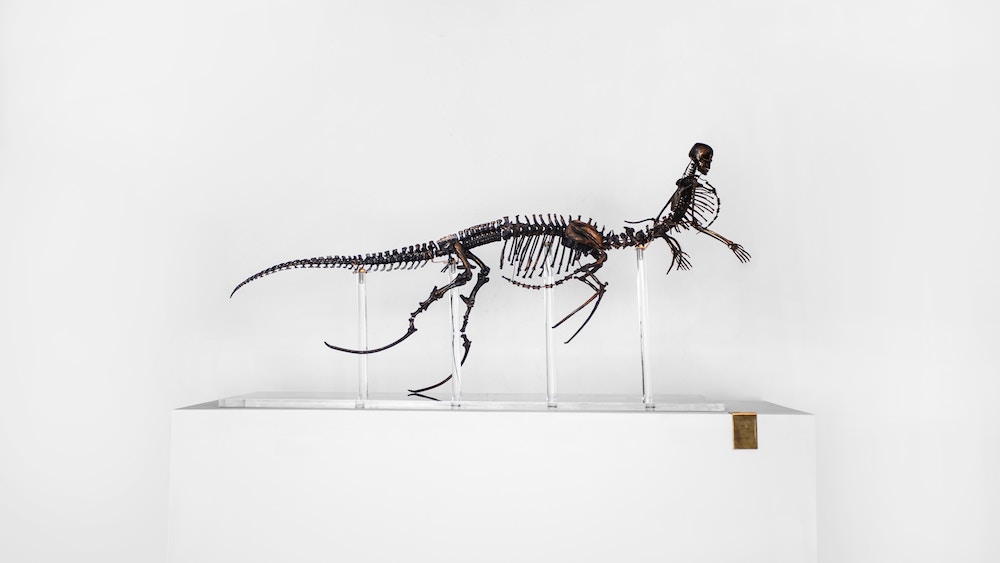

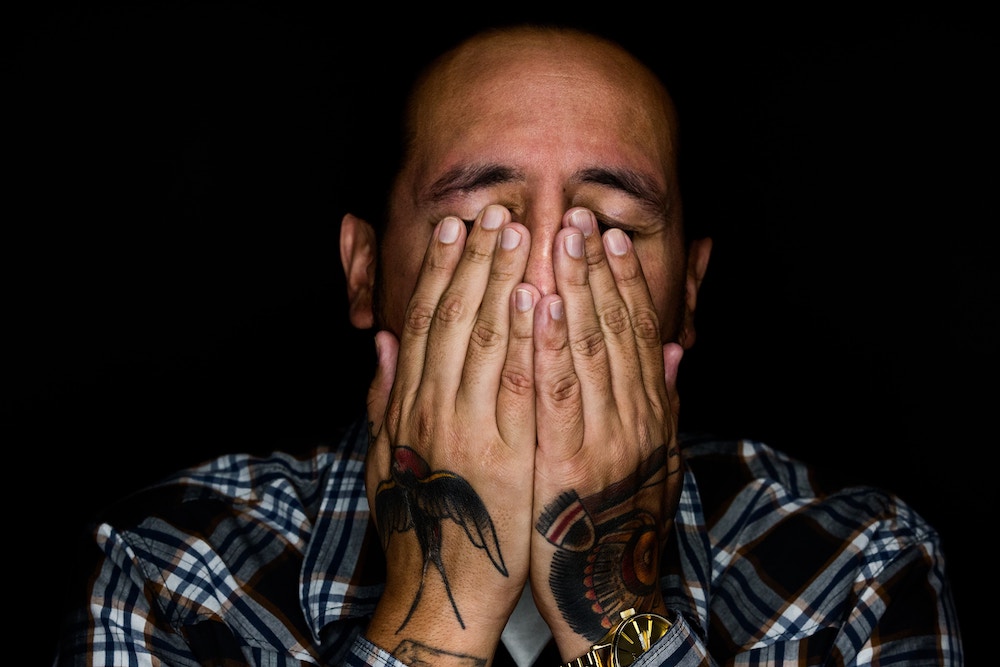





Peter – you have encapsulated the last 40 years of my own thoughts in this brilliant post!
Quote of the year: “Nobody for whom the highlight of their day is a bottle of scotch, a packet of fags and a fried chicken meal will adopt healthy lifestyles no matter how much we bully them to do so. ”
best wishes, David